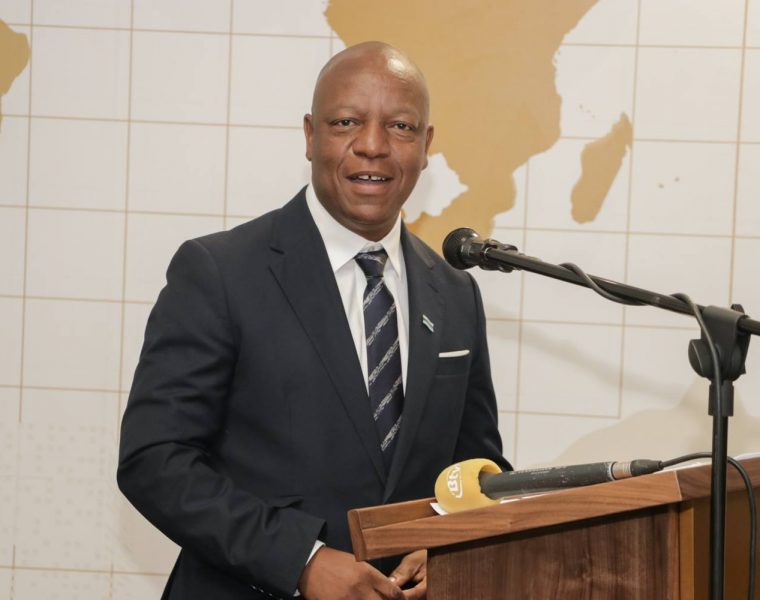It would make perfect sense for BBS Limited to carry on its legacy of “mutual
benefit and customer focus” as a commercial bank, writes GAZETTE REPORTER.
BBS Limited officially announced last week that it has been granted a provisional commercial banking licence but 55 years is a long time to wait for the first-ever indigenous bank in the country to finally be licensed by the Bank of Botswana to conduct commercial banking business. One would expect that as BBS Limited rises to the occasion, it will not subscribe to a “business as usual” mode that seems to have permeated the local commercial banking market.
Following registration of BBS as a company under the Companies and Intellectual Property Authority (CIPA) on 28 April 2018, which officially renounced it as a building society, the now BBS Limited categorically stated that “the ‘BBS’ in ‘BBS Limited’ no longer means “Botswana Building Society” but denotes the historical origins of the business so that the goodwill it built over the years is not lost going forward”.
The profundity of this statement would only be material if BBS Limited, in joining the commercial market, remains true to its ethos of serving Batswana out of benevolence. “Building Societies provide an alternative to banks and other credit providers. They offer a different kind of banking based on cooperation, mutual benefit and customer focus,” reads an original excerpt from BBS website which had sought to distinguish it from commercial banks. It is exactly this attitude that Batswana will hope BBS Limited will continue as it enters the dog-eat-dog world of commercial banking space.
Should BBS Limited lose sight of its original culture of “mutual benefit and customer focus,” the lengthy wait for the first native bank would not have been worth it. It is especially important, especially in the midst of COVID-19, for BBS Limited to pay keen attention to responsible borrowing in the unsecured lending space. In this time of desperation, BBS Limited will have to be ingenious in helping prospective borrowers make informed decisions in light of their existing loan costs.
According to Bank of Botswana literature, the country lacks a robust and comprehensive regulatory strategy to guide responsible borrowing. “Exit opportunities from chronic indebtedness are also limited in Botswana,” BoB has stated. While it may not be within the purview of BBS Limited to formally establish responsible borrowing guidelines, it is within its best interest to ensure that it does not abandon the “mutual-benefit” pillar it was founded on.
As a case in point is the state of worrisome state of household indebtedness in Botswana. According to BoB’s Banking Supervision Annual Report (2020), “total household debt as a proportion of total GDP increased to 23.7 percent in 2020 from 20.3 percent in 2019”. Its growth over time has far exceeded the rise in personal incomes. This may explain the trend in which money deposited into banks is far lower than money loaned to borrowers. The reality is that household indebtedness is largely fuelled by unsecured borrowing.
The central bank is aware of this, noting in its 2020 annual report how “the low level of mortgage lending remains a concern, especially for the banking sector dominated by unsecured household lending”. BoB acknowledges the role that statutory banks (including BBS Limited) play in mortgage financing. Mortgage lending being the space where BBS Limited is traditionally strong, it will make sense to continue. This certainly will ensure that its legacy of contributing to the social and economic of Batswana continues.

